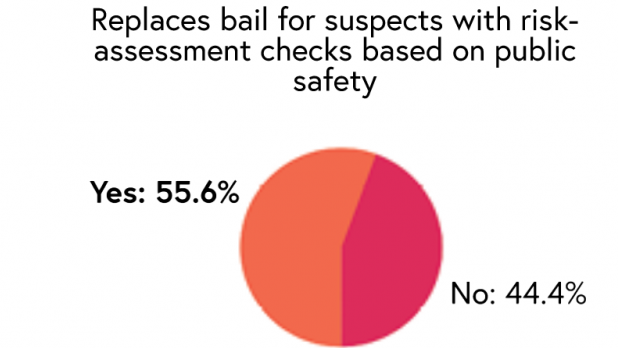CA Proposition Rundown
What do each of the propositions actually mean? Here are the pros and cons of some of the key ones, as well as how Vikings voted on them. Actual results from the New York Times, last accessed Nov. 4.
Proposition 15
- Taxes commercial and industrial property on market value instead of purchase price
- Plans to fund schools with taxes collected
Pros
- Commercial properties continue to pay taxes that they would’ve in the 1900s while prices for homeowners increase. Taxing them by market value will allow substantial money to be directed towards education
Cons
- Higher taxes could harm small businesses that rent commercial properties. If big businesses choose to leave the state due to taxes, it would have a negative impact on the economy.
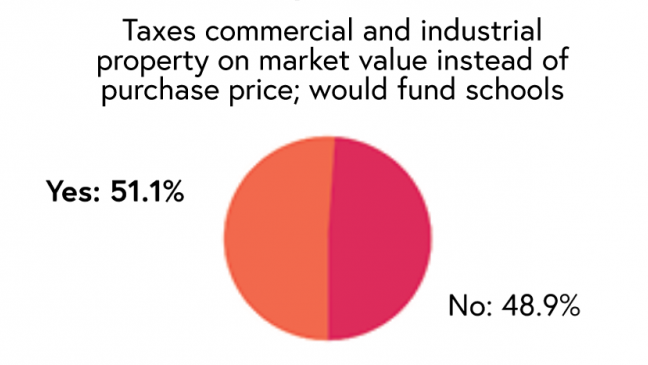
Proposition 16
- Permits governments to consider race, sex, color, ethnicity, or national origin in public employment, education, and contracting
- Would specifically affect whether affirmative action was part of the college application process
Pros
- It provides more and equal opportunities for minority groups including people of color as well as people of all genders and identities.
Cons
- Overrepresented races within school campuses, such as Caucasians and Asians, will be harmed by this proposition because it gives preferential treatment to certain individuals.
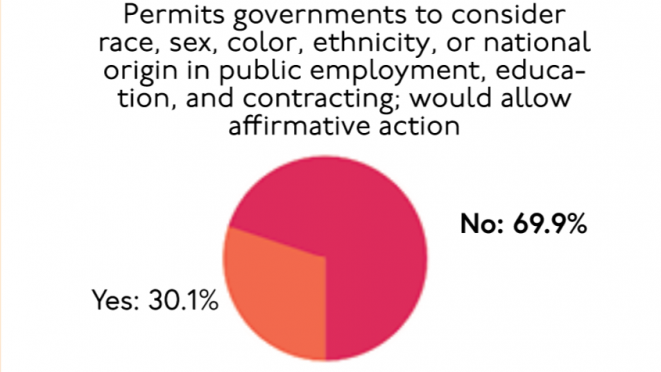
Proposition 17
- Restores the right to vote to incarcerated individuals after their prison term ends
Pros
- Gives felons a chance to reintegrate into society.
Cons
- It will allow criminals convicted of murder and other violent crimes who have not repaid their debt to society (have not completed their period of parole) to vote.
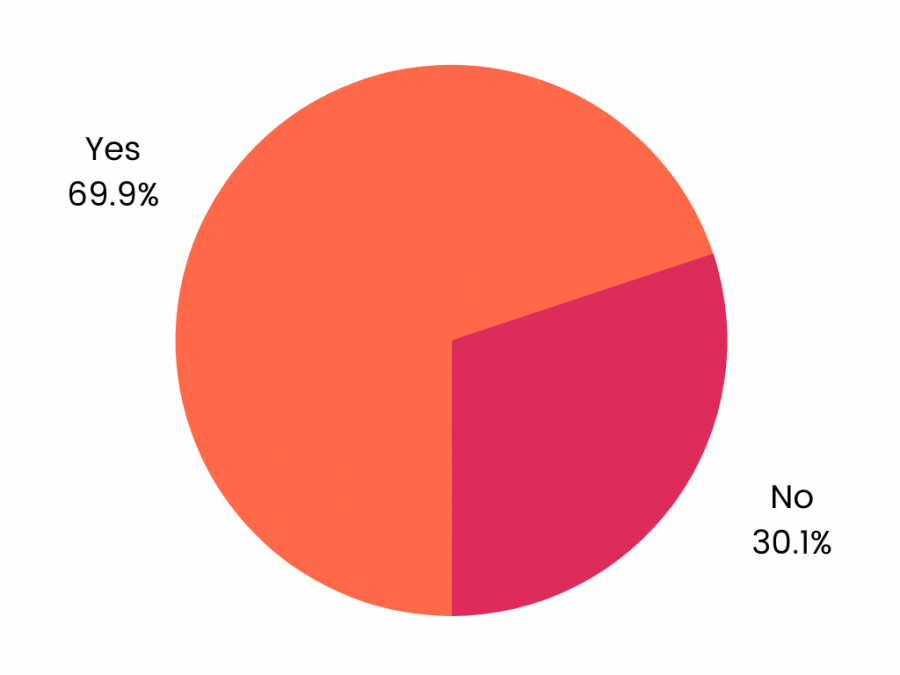
Proposition 18
- 17-year-olds who will be 18 by the next general election will be allowed in primaries and special elections
Pros
- Will expand the voter base by including younger Californians. Many believe that if one is 18 by the time of the general election, they should be allowed to vote on the candidates prior.
Cons
- Adolescents that have not yet had any experience as adults and paid taxes are voting on issues that impact everyone.
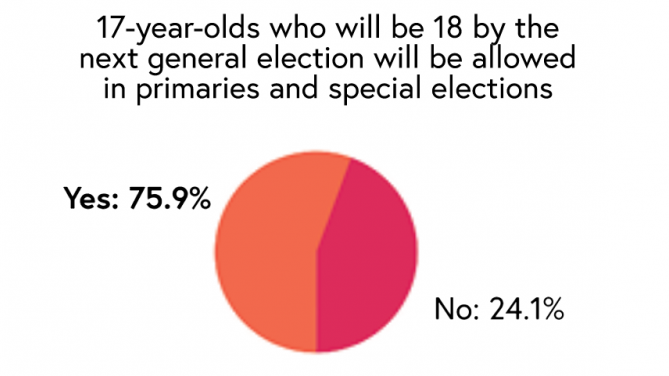
Proposition 22
- Exempts app-based companies from providing employee benefits to certain drivers; classifies drivers to be individual contractors instead of employees.
Pros
- Drivers have the ability to choose their hours, where they work, and provide a baseline for minimum earnings. Companies will be required to provide benefits like health insurance, disability insurance, and paid time off to their drivers.
Cons
- The protections guaranteed in this proposition are full of loopholes, including not paying drivers for time spent disinfecting or driving back from a drop off location, capping coverage for medical expenses, and only paying 30 cents per mile versus the 53.5 cents per mile as the IRS requires of independent contractors.
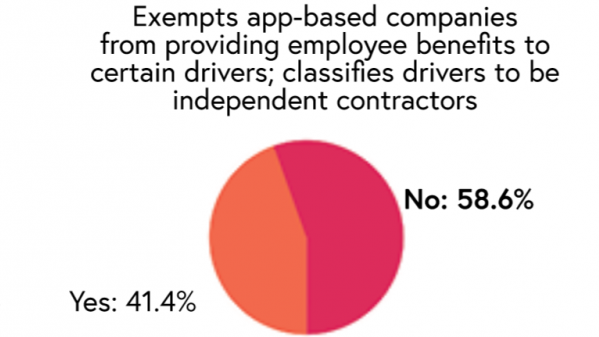
Proposition 24
- Gives consumer permission to prevent businesses from sharing personal information of consumers, including location, race, ethnicity, gender, and any collected data
Pros
- The proposition would work to protect information and strengthen protections of consumer confidentiality. It prevents businesses from sharing personal information of consumers, including location, race, ethnicity, gender, and any collected data.
Cons
- Companies would be allowed to charge consumers more if they opted out of selling personal information, could force people to manually opt out of websites and apps, take consumers’ information if they leave California, and would be allowed to refuse requests for information.
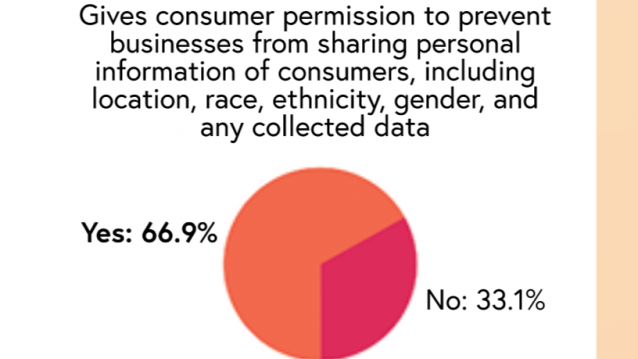
Proposition 25
Replaces bail for suspects with risk-assessment checks based on public safety
Pros
- The current bail system is based upon affordability, which means if they can not afford bail, they must stay in prison, while those who can pay may leave until the trial. This proposition would replace it with a formula to determine how likely a defendant is to run away to avoid being found guilty.
Cons
- The computer algorithms would keep people out of jail, possibly making communities unsafe and may burden police departments. Additionally, the new system could be costly to enforce and negatively biased against minorities. People could be forced to wait in jail for weeks due to backlogs in the system.
